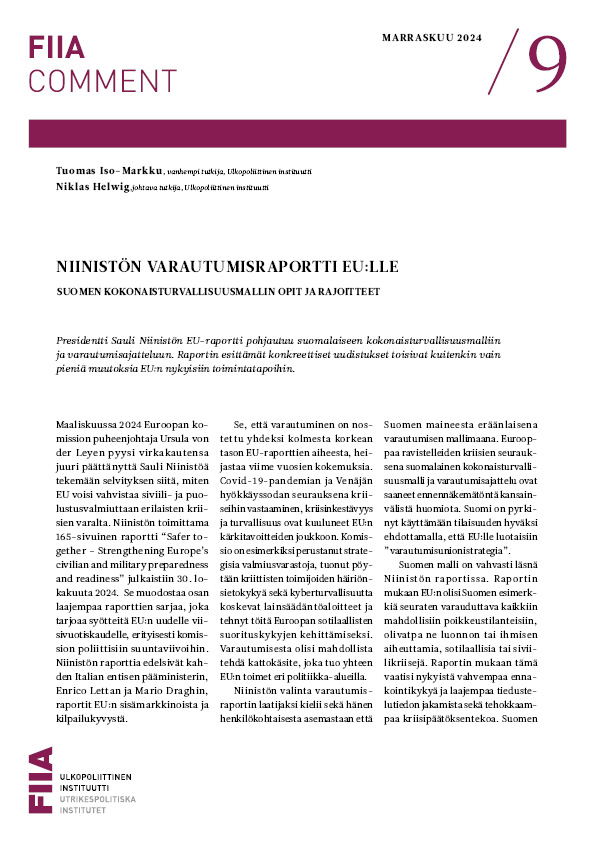The British General Election of 2010 will be very close whoever wins. The result may well be a ‘hung parliament’, where no single party has an overall majority in the House of Commons.
The third party of British politics, the Liberal Democrats, have produced a strong campaign aided significantly by the first televised debates between party leaders in British history. The Liberal Democrat leader Nick Clegg surprised the country by winning the first debate in the eyes of most observers. The Liberal Democrats have also been aided by public anger at ‘politics as usual’, which for the UK has meant power being held by either the Labour or Conservative parties.
The prospect of a hung parliament that will possibly lead to a coalition government makes predicting future British policy on the EU and foreign affairs very difficult. The party positions on the EU are well known. The Liberal Democrats are the most pro-European, Labour more guardedly so, and the Conservatives considerably more Eurosceptic. But what policies would be agreeable for either a Conservative-Liberal coalition or for a Labour-Liberal pact are not known.
It looks likely that this election will show up even more clearly the inherent weaknesses of the UK’s first-past-the-post electoral system and calls for electoral reform are likely to grow stronger.







